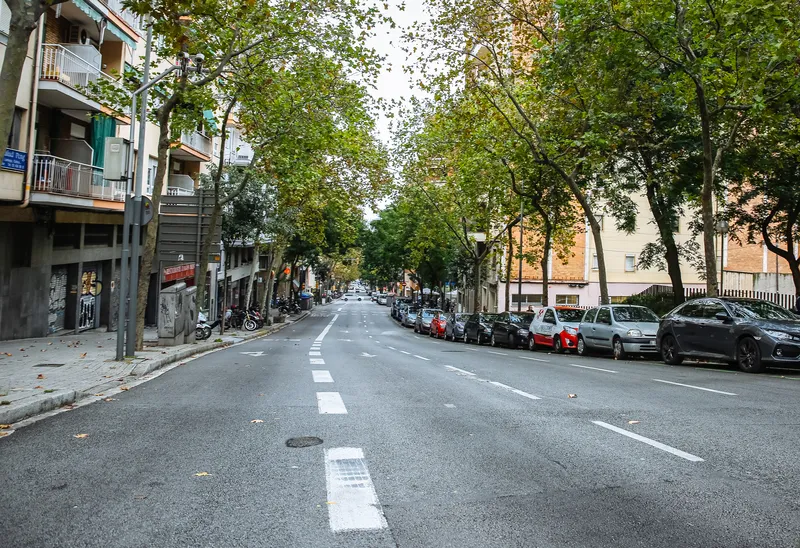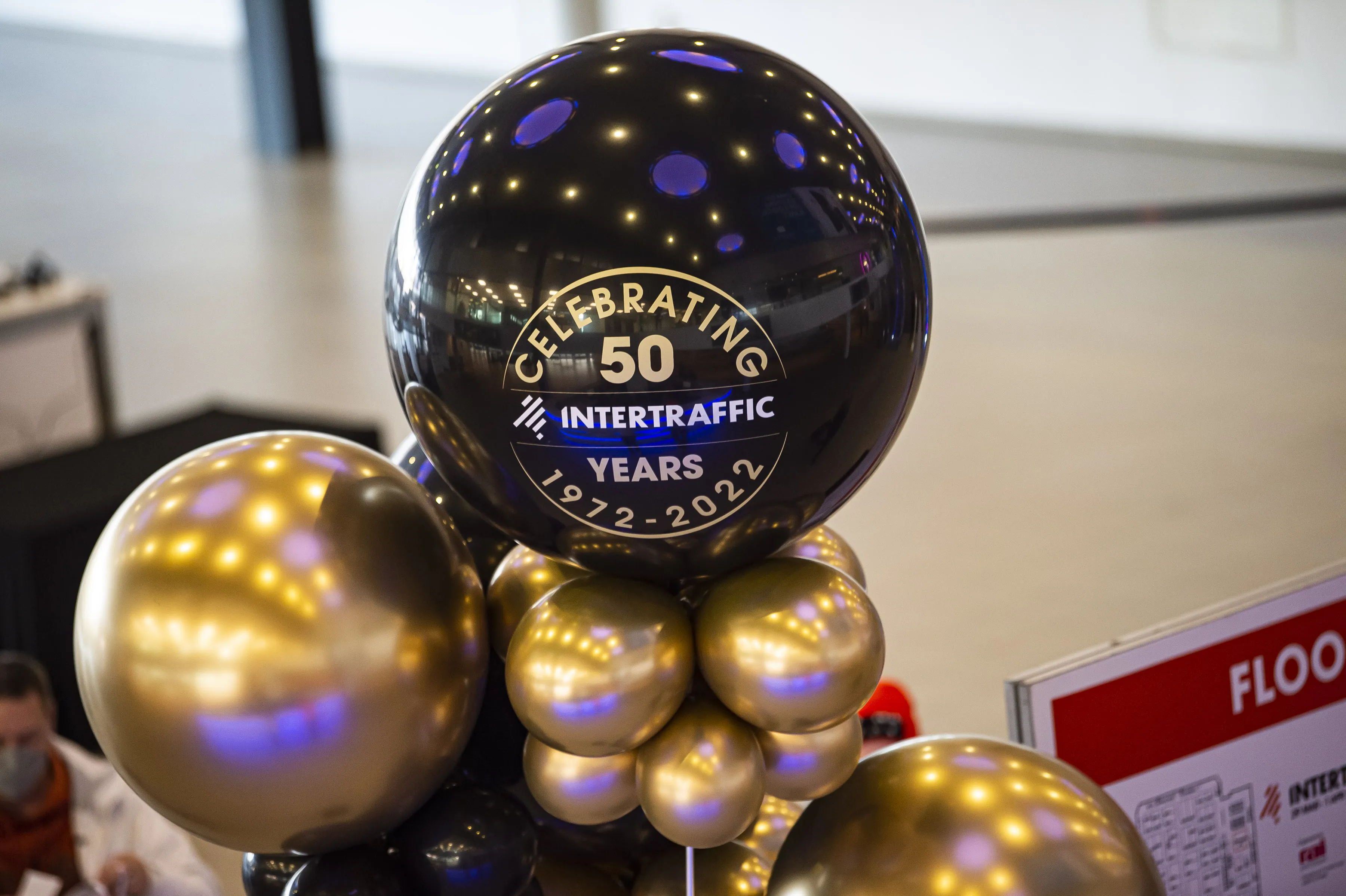Spanish company Urbiotica will use Intertraffic Amsterdam 2016 to launch a long-range communication version of its U-Spot parking sensor that provides better design, optimised roll-out cost, improved detection algorithm and a new data platform.
February 8, 2016
Read time: 1 min
Spanish company 8323 Urbiotica will use Intertraffic Amsterdam 2016 to launch a long-range communication version of its U-Spot parking sensor that provides better design, optimised roll-out cost, improved detection algorithm and a new data platform.










